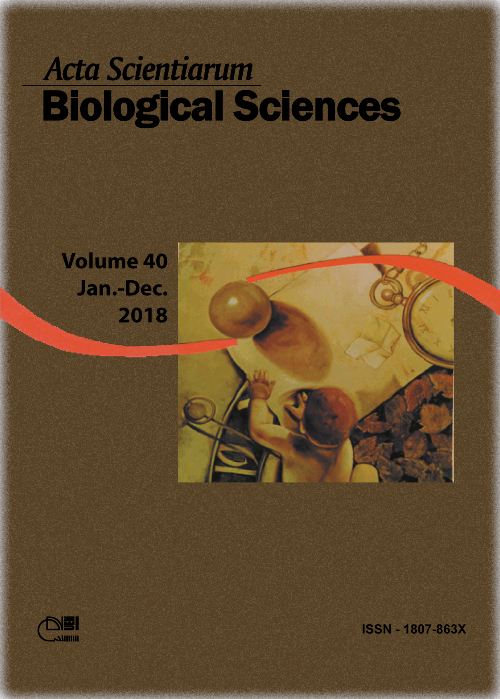<b>Toxicity of the goji berry fruit associated with artificial excipients and dried without additives
Resumo
The aim of this study was to evaluate the cytotoxic and genotoxic potential of goji berry fruit-based pharmaceutical powders obtained from three pharmaceutical laboratories. The product A was tested at concentrations of 0.012; 0.025 and 0.05 g mL-1, and B and C at concentrations 0.02; 0.04 and 0.08 g mL-1. It was also evaluated the tea of the dried goji berry fruit (non-additives) in the concentrations 0.035; 0.07 and 0.14 g mL-1 for comparison to the results obtained with powdered goji berry. Tea concentrations in the two exposure times did not cause inhibition of cell division nor cellular alterations to meristem tissues. For the industrialized goji products, all concentrations analyzed caused significant antiproliferative effect to the tissues evaluated at the shortest time of analysis. There were no significant cellular changes in tissues exposed to industrialized goji. Therefore, under the conditions of analysis, goji berry powder, at the three concentrations evaluated, was cytotoxic to root meristems.
Downloads
DECLARAÇÃO DE ORIGINALIDADE E DIREITOS AUTORAIS
Declaro que o presente artigo é original, não tendo sido submetido à publicação em qualquer outro periódico nacional ou internacional, quer seja em parte ou em sua totalidade.
Os direitos autorais pertencem exclusivamente aos autores. Os direitos de licenciamento utilizados pelo periódico é a licença Creative Commons Attribution 4.0 (CC BY 4.0): são permitidos o compartilhamento (cópia e distribuição do material em qualqer meio ou formato) e adaptação (remix, transformação e criação de material a partir do conteúdo assim licenciado para quaisquer fins, inclusive comerciais.
Recomenda-se a leitura desse link para maiores informações sobre o tema: fornecimento de créditos e referências de forma correta, entre outros detalhes cruciais para uso adequado do material licenciado.













1.png)




3.png)













